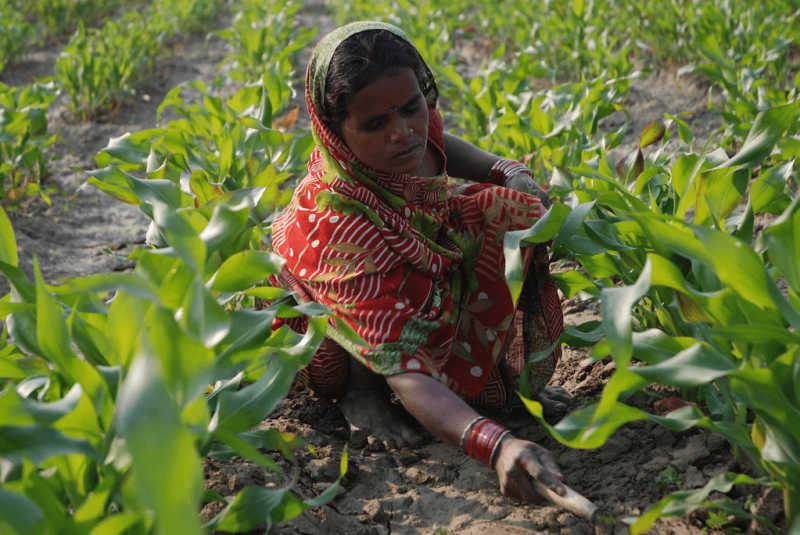One of the most powerful strategies to practise eco-friendly and sustainable agriculture is to develop and cultivate genetically modified (GM) crops. Progress in the areas of molecular biology and biotechnology in the past six decades led to the introduction and commercialization of GM crops in 1994 [in India].
Follow the latest news and policy debates on sustainable agriculture, biomedicine, and other ‘disruptive’ innovations. Subscribe to our newsletter.
The opposition to the GM crops mainly centres around the “adverse” effects of GM crops on human health and the environment. This is in total contradiction of the global acceptance and consumption of the foods derived from GM crops.































